Next Seminar
- All Posts
- Seminars

Date: Wednesday, July 9, 2025, 15:00h-16:00h UTC+2 (CEST)
Chronic pain is a complex clinical condition that remains only partially understood. Pain is a deeply individual experience, influenced by a range of psychological factors—including temperament, body perception, interoception, and symptoms of depression and anxiety. These psychological components play a crucial role, particularly in the effectiveness of interventions aimed at improving well-being and quality of life. In this talk, Giulia will present her research on how psychological factors—such as interoception and body representation—relate to the experience of pain in individuals living with chronic pain.
About the speaker:
Giulia Chirchio is a Clinical Psychologist and a first-year Ph.D. Student in Cognitive and Behavioral Neuroscience at the University of Camerino. She works at the Istituto Auxologico Italiano I.R.C.C.S., Ospedale San Giuseppe in Italy, as part of the MindTheBodyLab. Together with her team, she explores various psychological aspects—such as interoception and body representation—through different research projects, including studies involving individuals with eating disorders.

Date: Friday, July 18, 2025, 14:00h-15:00h UTC+2 (CEST)
This talk explores a multidisciplinary approach to artistic research at the intersection of sound, technology, and narrative design. Drawing from projects that integrate spatial audio, artificial intelligence, machine learning, and real-time 3D environments, it presents new paradigms for artistic creation in the post-digital era. Featured works include immersive installations, interactive storytelling experiences, and gamified systems that challenge conventional formats of music performance and media art. Through case studies such as Ecstasy / Light / Inertia and Interwoven Existence, the presentation reflects on how emerging tools—from Unreal Engine to VR/AR and motion tracking—enable hybrid forms of expression that dissolve the boundaries between disciplines, technologies, and audiences.
About the speaker:
Prof. Juan Carlos Vasquez boasts a remarkable trajectory as an award-winning composer, video game researcher, and educator. His creations, ranging from spatial audio works to immersive interactive experiences and game art, have resonated across continents, being featured in over 30 countries spanning the Americas, Europe, Asia, and Australia. He’s currently an Assistant Professor at Xi’an Jiaotong Liverpool University in China.
Vasquez's most prominent awards include the Colombian Ministry of Culture's Contemporary Music Composition Grant and the Audio Engineering Society's Award for Excellence in Art, Design, and the Production of Sound (both 2016); the highly selective Dean’s Grant for exceptional Master’s achievements from Aalto University (2016); a Finnish government grant for artistic creation (2017); a fully funded five-year doctoral award at the University of Virginia (2018); recognition as Primus Master at Aalto University (2019); and the prestigious Jefferson Fellowship from the University of Virginia (2021). Later, he received a Highly Commended distinction at the Sound of the Year Awards (2022); the Best Computer Music award from the International Computer Music Association (2023); led and curated an exhibition at the renowned Ars Electronica Festival (2024); won Second Prize at Musicacoustica-Hangzhou and the WOCMAT Phil Winsor Award (2024); and took First Prize in Composition at the 35th International Competition Città di Barletta in Italy (2025).
Events and venues featuring Prof. Vasquez’s works include Ars Electronica (AU), the Ateneum Art Museum (FI), the Seoul Arts Center (KR) the Lincoln Center (USA), the Hanshan Art Museum (CN), Berklee College of Music (USA), and Matera Intermedia Festival (IT). He earned his M.A. in New Media from Aalto University in Finland and subsequently completed both an M.A. and a Ph.D. in Composition and Computer Technologies from the University of Virginia in the United States.
Website: https://www.jcvasquez.com https://scholar.xjtlu.edu.cn/en/persons/JuanVasquez
Seminars
- All Posts
- Previous seminars
- Back

The human mind often wanders, drifting to thoughts about the past or future that pull us away from the present...

Date: Wednesday, Aprtil 30th, 2025, 14:00h-15:00h UTC+2 (CEST) Speaker: Anna Blumenkranz, research fellow and doctoral student at AIHI, University of Salzburg, Austria...

Date: 2025-02-05, 16:00h-17:00h UTC+1 (CET) Speaker: Inés Fernández Vallejo, Universidad Carlos III de Madrid Title: From Sound Engineering to Artificial Intelligence in Healthcare....
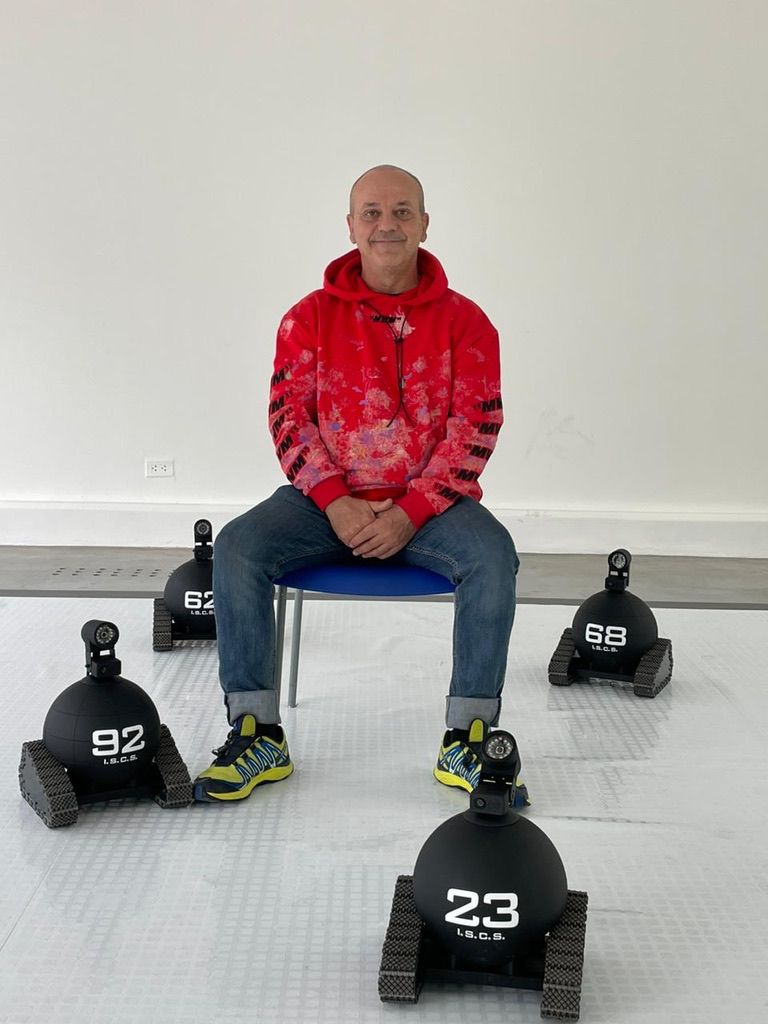
Date: 2024-11-20, 14:00h-15:00h UTC+2 (CEST) Speaker: Ricardo Iglesias García, Fine Arts Faculty, Universidad Complutense de Madrid Title: The robot: past, present and future....
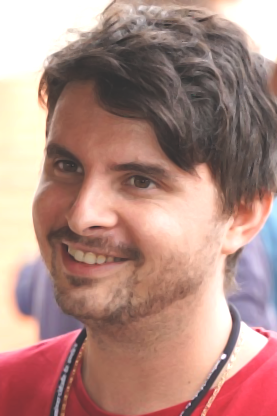
Date: 2024-10-07, 13:00h-14:00h UTC+2 (CEST) Speaker: Carlos Cortés, Grupo de Tratamiento de Imágenes, Universidad Politecnica de Madrid Title: The Possibilities of...
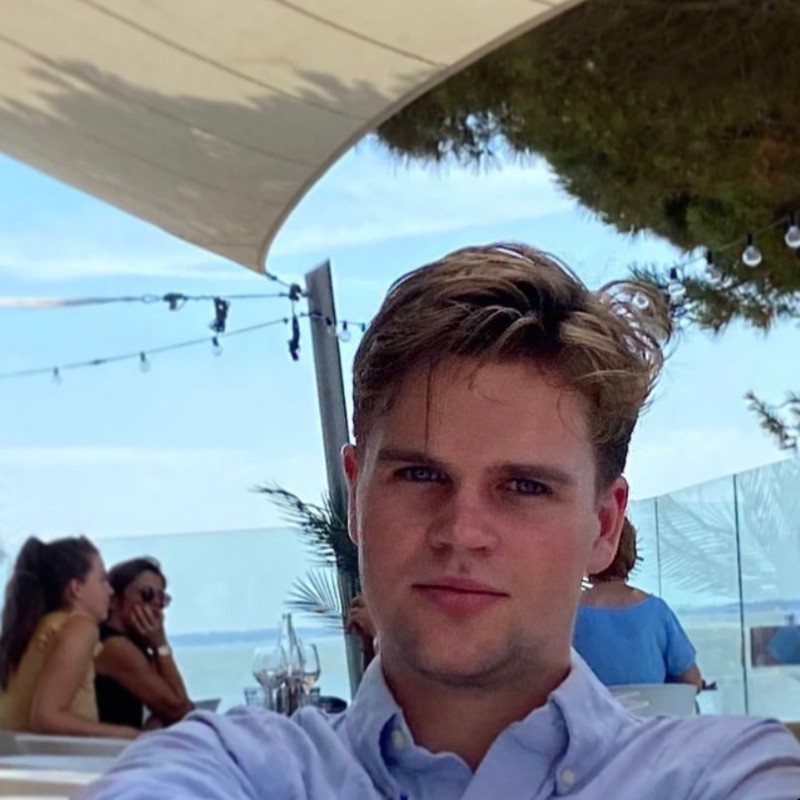
Date: 2024-09-25, 12:00h-13:00h UTC+2 (CEST) Speaker: Freek Hens, Radboud University and the Australian National University Title: From continuous biosignals to spike...

Date: 2024-05-28, 11:00h UTC+2 Speaker: Mohammad (MH) Rahmani, PhD research candidate in Computer Science and Technology at UC3M Title: A...
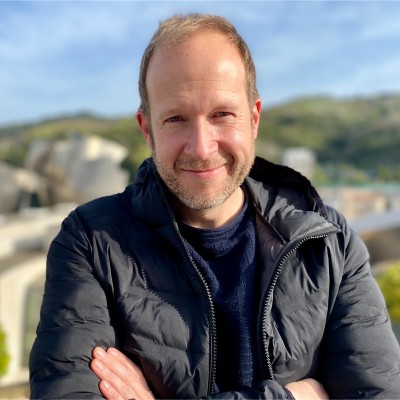
Date: 2024-05-07, 14:00h UTC+2 Speaker: Miguel A. Vadillo, Associate Professor at Universidad Autónoma de Madrid, Director of the Cognition, Attention, and...
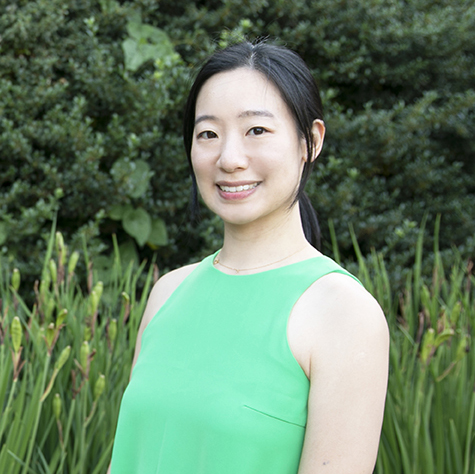
Date: April 24th, 2024, 16:00h UTC+2 Speaker: Yeseul Song, Assistant Arts Professor at NYU ITP/IMA (New York University Tisch School of...
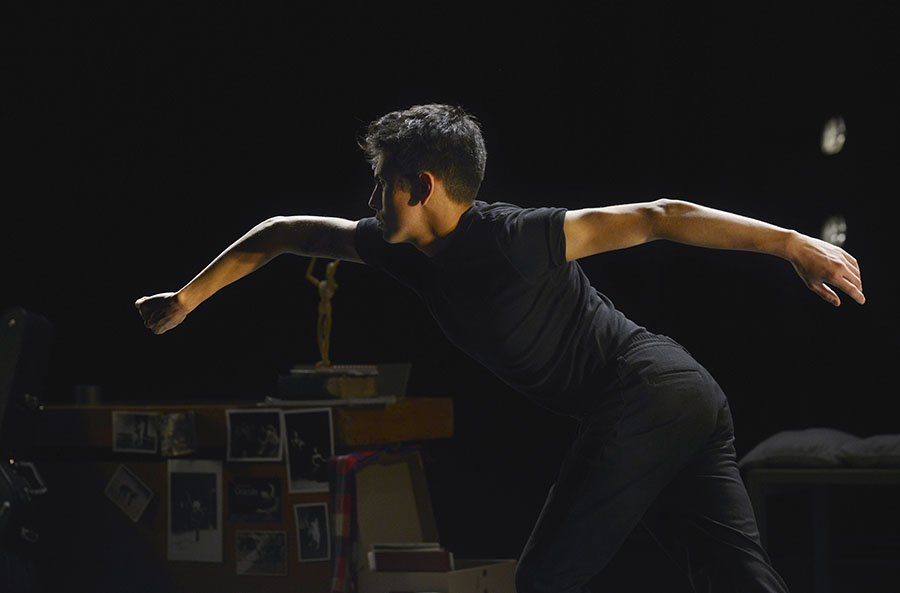
Date: 2024-04-04, 13:00h-15:00h UTC+2 (CEST) Speaker: Pablo Zamorano, Independent Artist/Researcher Title: Workshop/Seminar Which words arise from the body as it moves?...

Date: 14/02/24, 15:00 Speaker: Marte Roel Lesur, Universidad Carlos III de Madrid Title: Both sides of the mirror, the self...
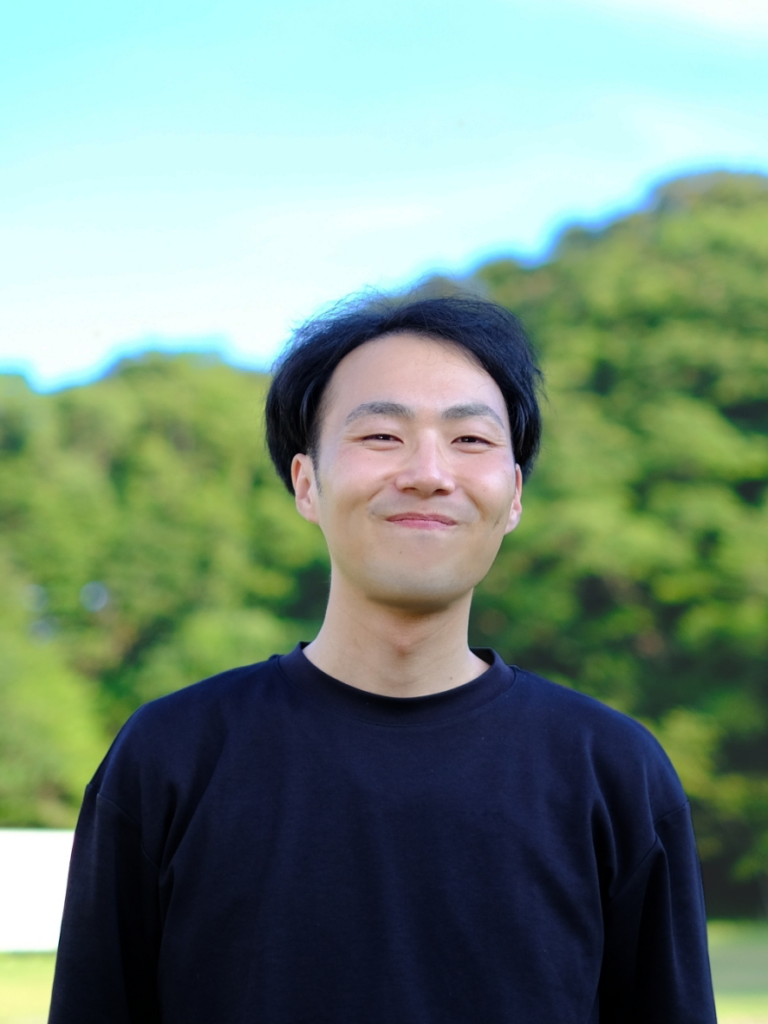
Date: 29 January 2024 Speaker: Kiichi Naka,Institute of Industrial Science, the University of Tokyo, Japan Title: Does voluntary auditory spatial...

Date: 22 November 2023 Speaker: Denise Cadete, PhD student at the Body Representation Lab, Birkbeck University of London Title: Perception...

Date: 25 October 2023 Speaker: Lídia Arroyo Prieto, Gender and ICT Research Group, Universitat Oberta de Catalunya (UOC) Title: The...

Date: 04 October 2023 at 12:00 Hrs. Madrid, 10:00 Reikiavik Speaker: Nicola Privato, PhD Researcher at Intelligent Instruments Lab Abstract:...

Date: 5 July 2023 at 2 pm Speaker: Dr. Pawel Tacikowski, University of Coimbra, Portugal Title: “The link between self-concept...
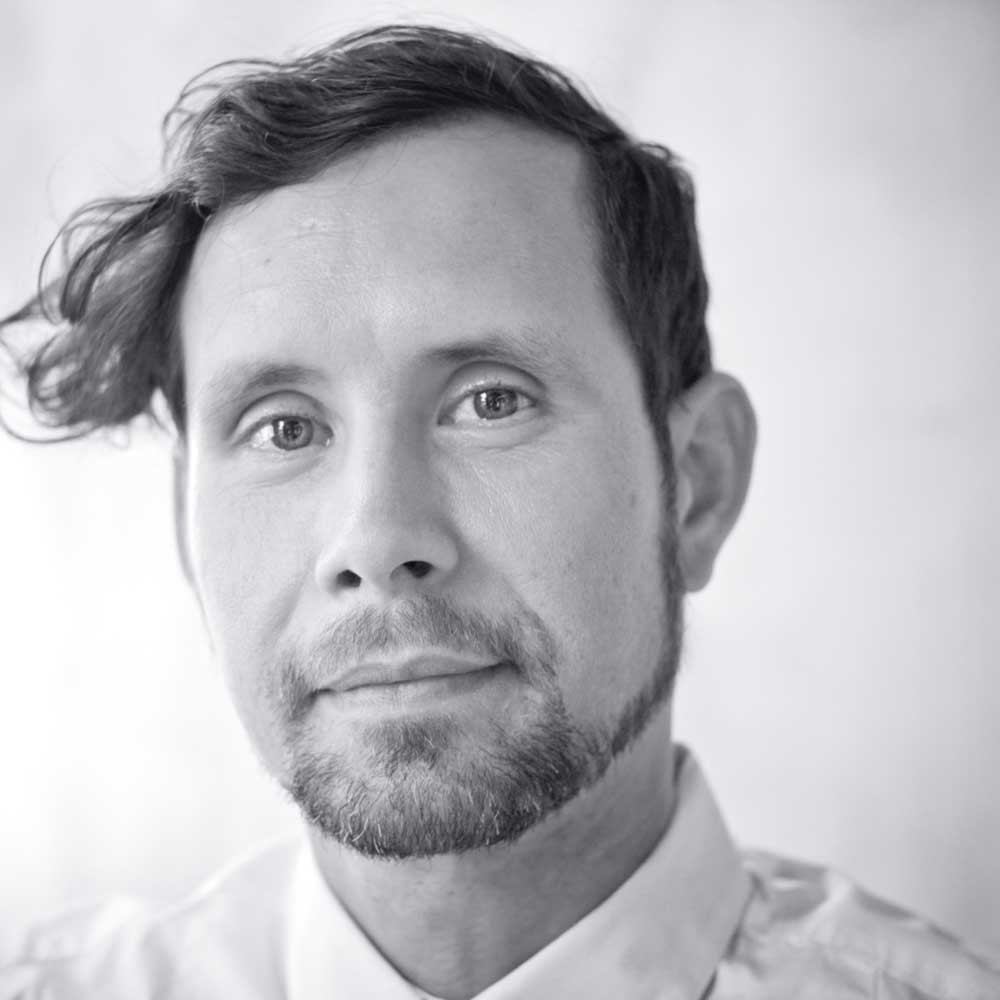
Date: 26 July 2023 at 5 pm Speaker: Philippe Pasquier, Associate Professor at Simon Fraser Unuversit Abstract: Creative AI is...

Date: 26 May 2023 at 2 pm Speaker: María Concepción Valdez Gastelum, 2nd-year Ph.D. Student (CICESE, MX) Title: Movement sonification...

Dr. Hsin-Ni Ho, Kyushu University, Japan Title: "Touch for Material Recognition and Affective Communication" Touch is essential to our lives,...

Valentin Bauer, Paris-Saclay University, CNRS, LISN, VENISE team Title: Exploring Multisensory Extended Reality Approaches for Autistic Children: Improve Well-Being and...
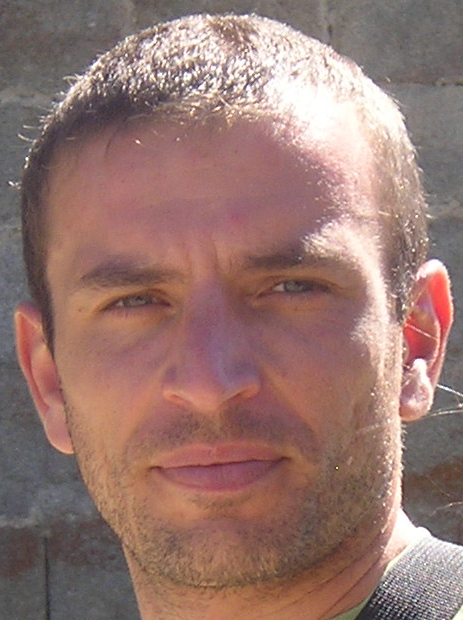
Date: 3 February 2023 Speaker: Daniel Sanabria Lucena, Universidad de Granada Abstract: This talk discusses evidence of the neural and...

Date: 25th January 2023Speaker: Marta Matamala-Gomez Abstract: Little is known about responses to periodic auditory stimuli with periodicities found in...
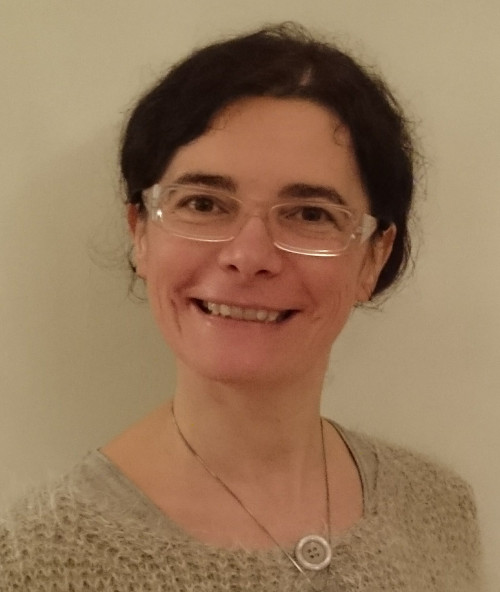
Date: Jan 18, 2023 Speaker: Susanna Spinsante. Università Politecnica delle Marche Abstract: Starting from some background information about the physiology...

Date: 30th November 2022 Speaker: Angelia Caparco, Co-Embodied Self (CEL) Lab of the Center for Philosophy of Science, University of...
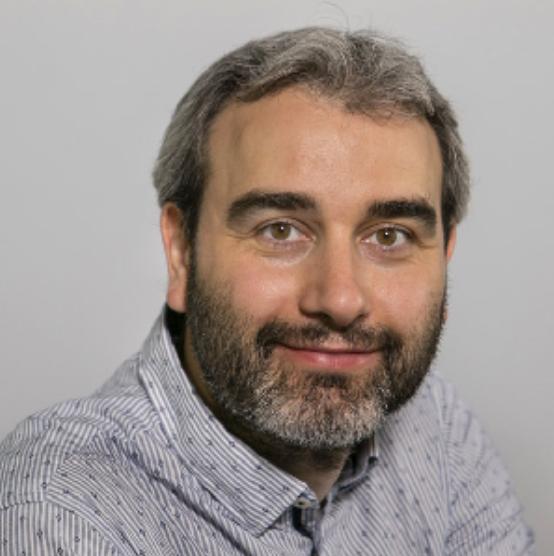
Date: 16th November 2022, Speaker: Prof. David Masip, Universitat Oberta de Catalunya, AI-WELL laboratory. Abstract: Humans communicate our emotions using...

Date: 2 Nov 2022 Speakers: Elena Azañón, Otto von Guericke University Abstract: Adaptation aftereffects can reveal how the nervous system...

Date: 5 Oct 2022 Speakers: Kristi Kuusk and Dila Demir Abstract: Inspired from the design methods that embody movement-based thinking,...

Date: 6th June 2022 Speaker: Temitayo Olugbade, University College London Interaction Centre Abstract Data is central to any human-centred scientific...

